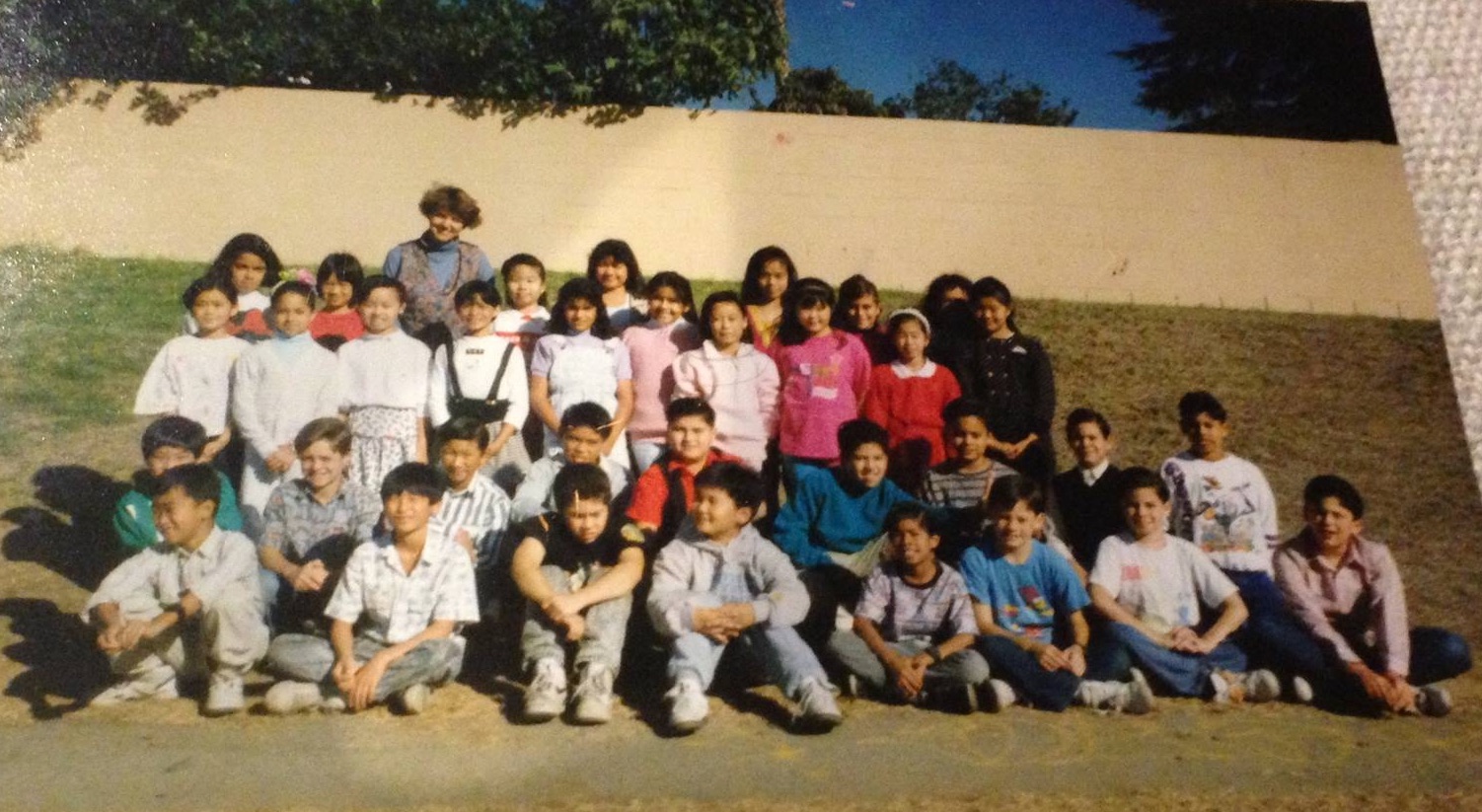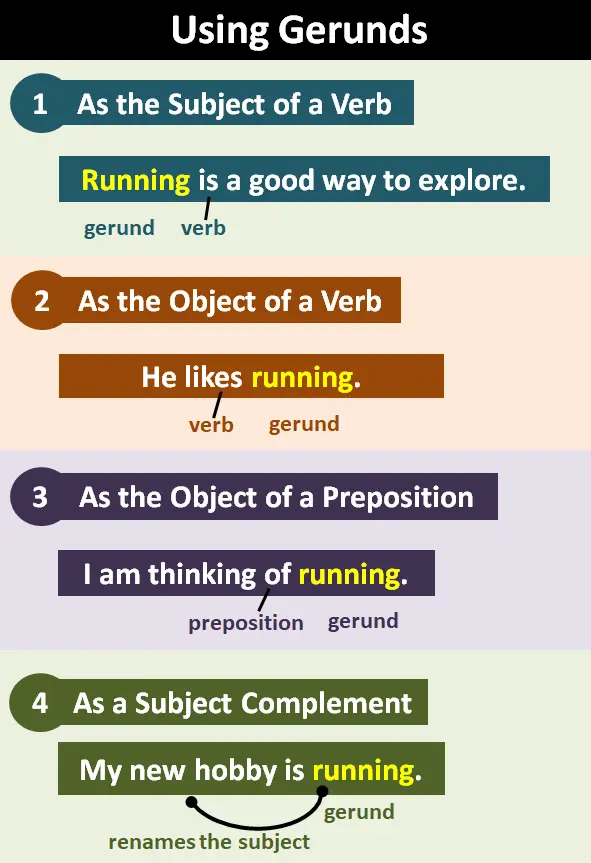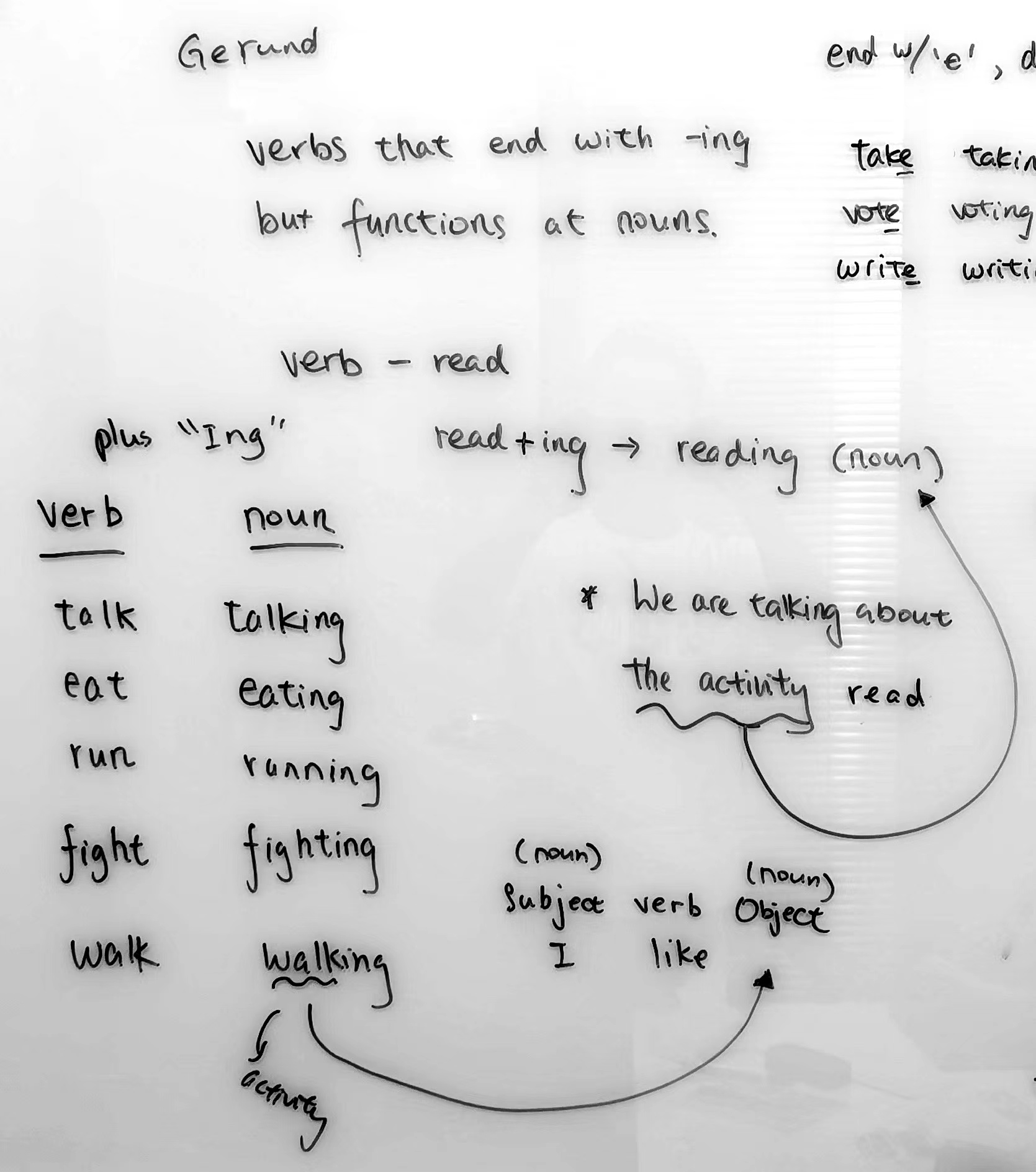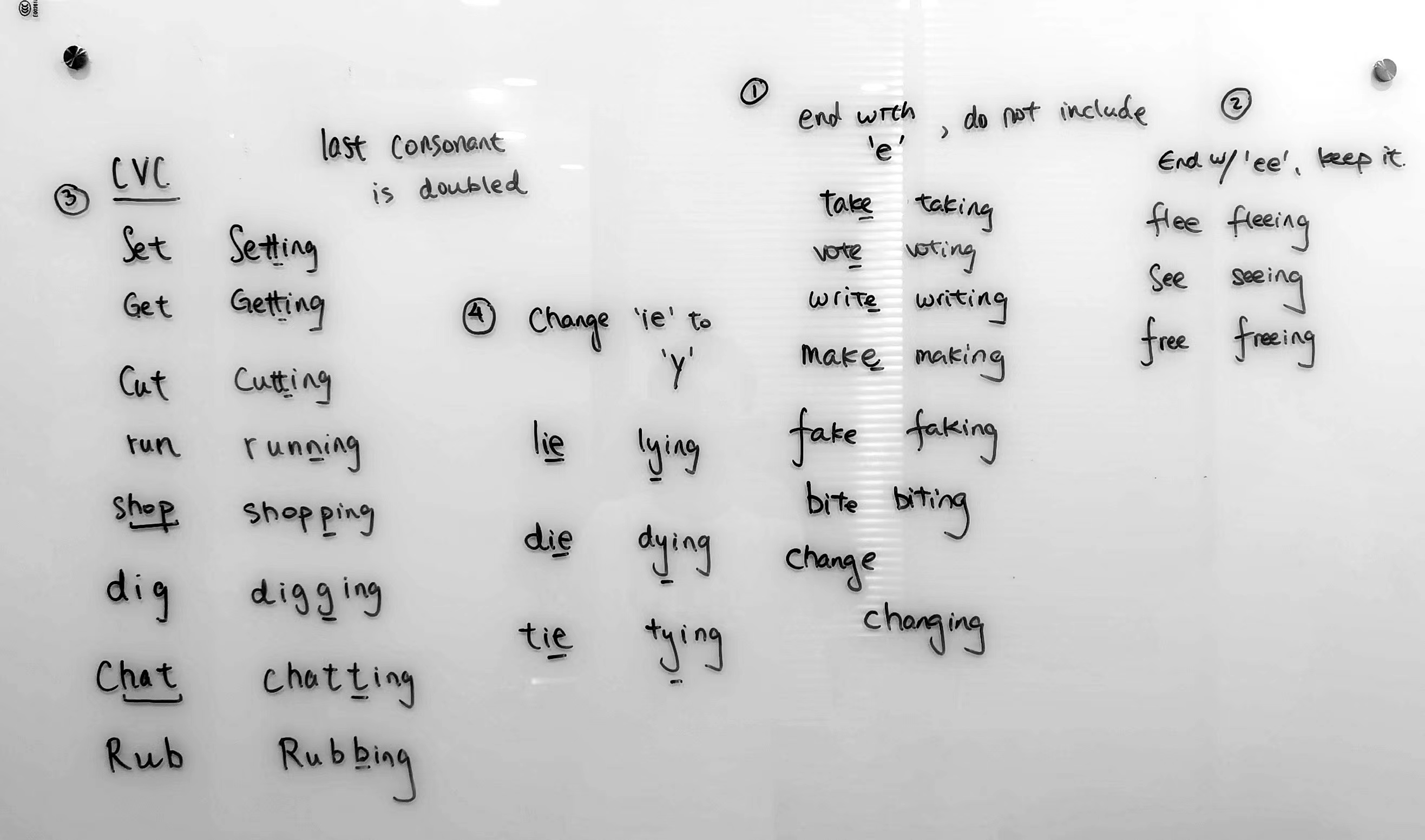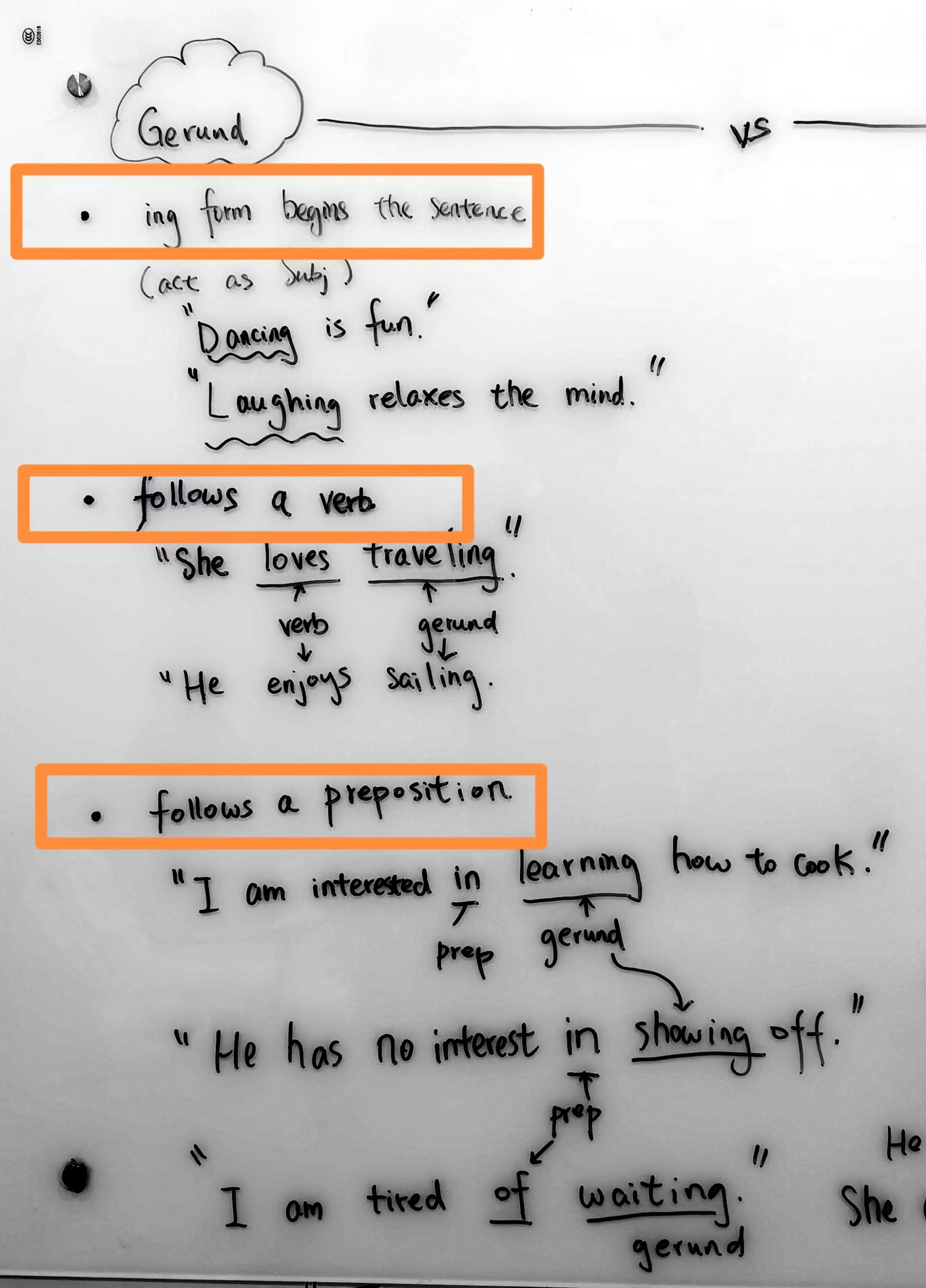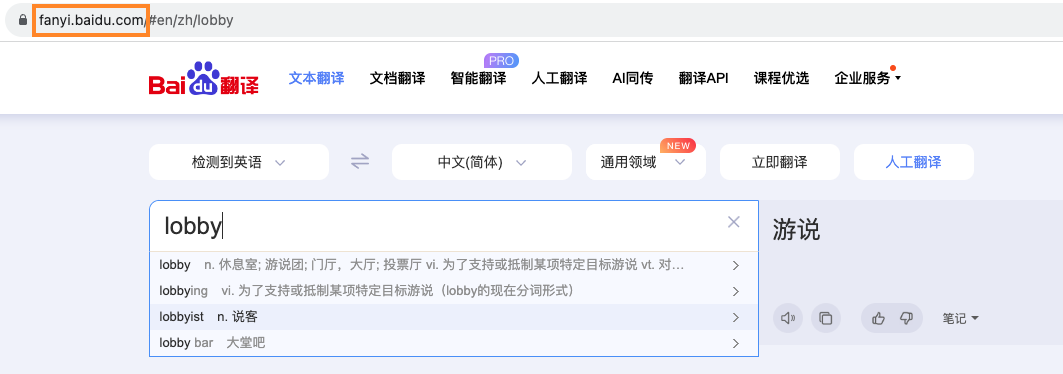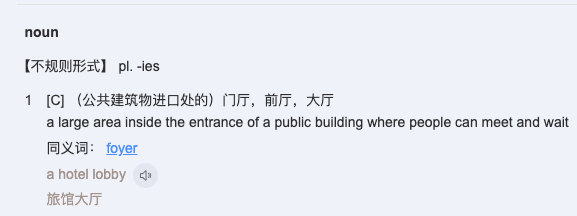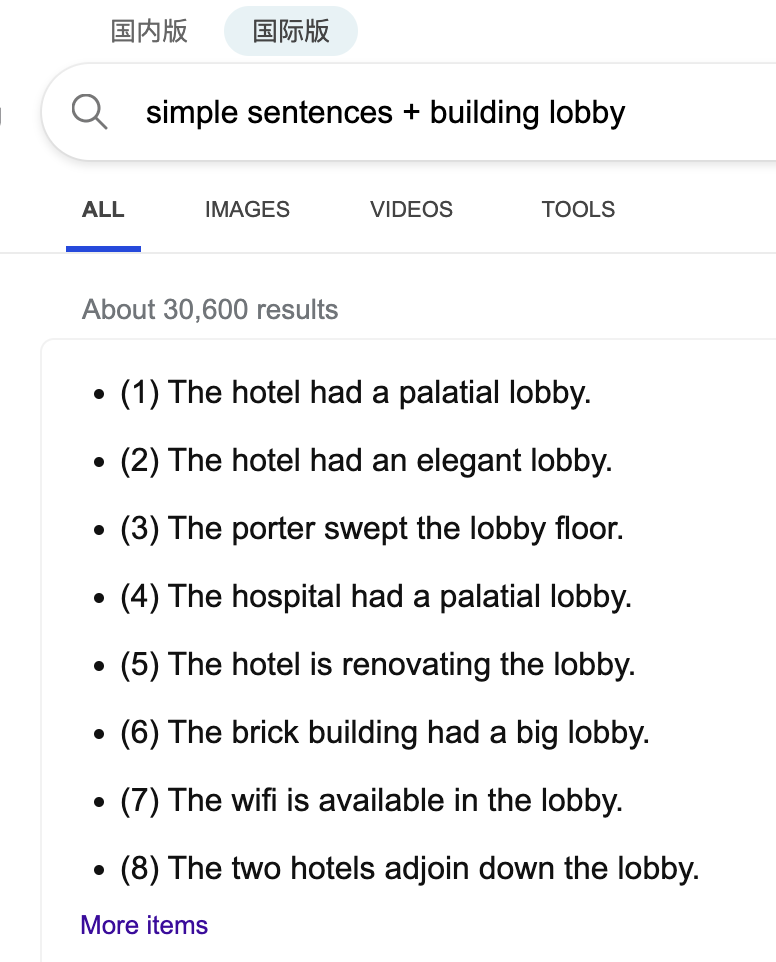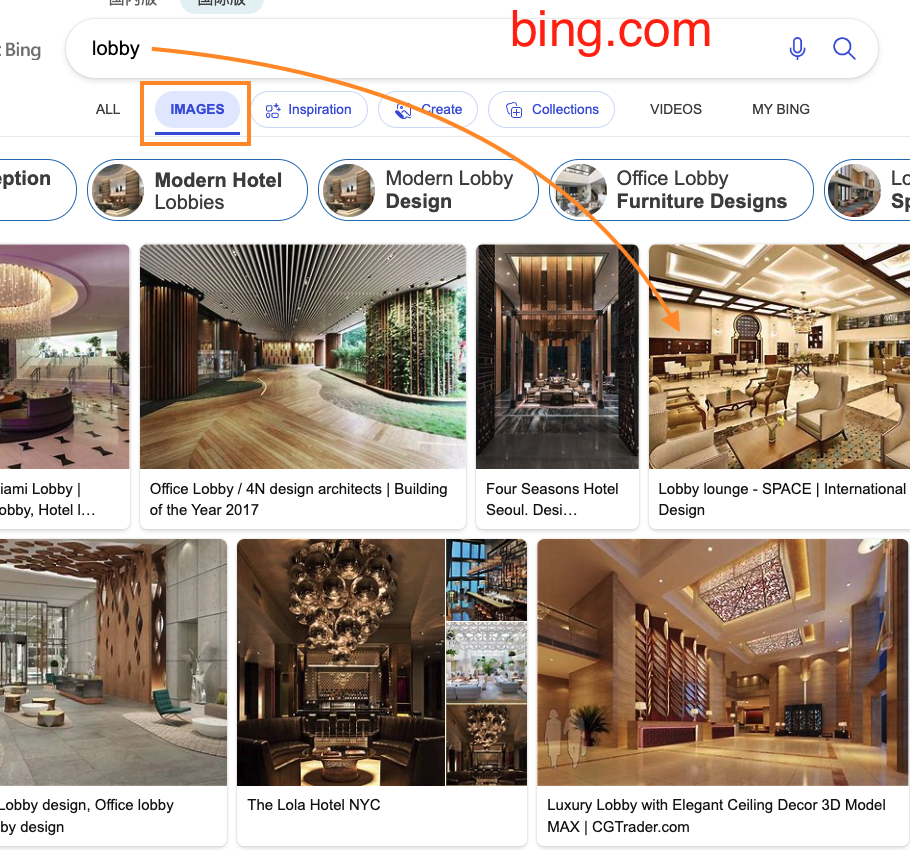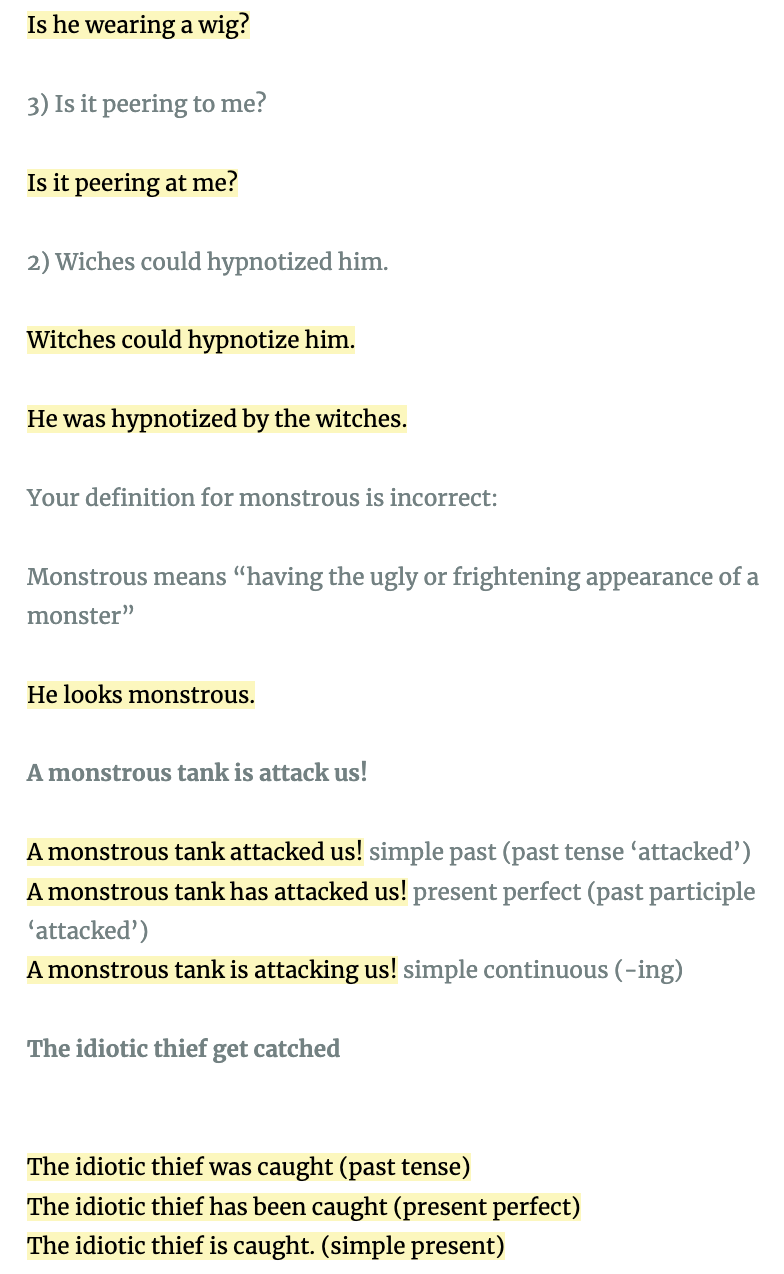ref – https://dictionary.cambridge.org/us/grammar/british-grammar/and
And is a coordinating conjunction. We use and to connect two words, phrases, clauses or prefixes together:
[Televisions] and [computers] are dominating our daily life. (noun + noun)
I have to [shower] and [change]. (verb + verb)
The photos are [black] and [white]. (adjective + adjective)
[My best friend] and [my father’s father] both come from Wales. (phrase + phrase)
[She got to the door] and [put the key in the latch]. (clause + clause)
[The houses were a mix of pre-] and [post-war build]. (prefix + prefix)
There are two common questions related to coordinating conjunctions:
(Question 1) Do you put a comma before “and”?
Mostly no but sometimes yes. Unfortunately, the answer to this question isn’t short.
Here is a summary of the rules:
The Rule for Two Items
When “and” (or any coordinating conjunction) joins two items, don’t use a comma.
Lee has eaten all the cheese and biscuits. √
The whole world agrees on this point. So far so good. However, if you think it helps your reader, you can use a comma.
The Bakerloo line runs between Elephant and Castle, and Harrow and Wealdstone. √
(Using a comma with two list items is fairly common. It happens when the list items themselves contain commas. In this example, the comma before “and” helps readers to spot the list items faster. They could work it out, but the comma helps.)
I used to watch Colombo, and Cagney and Lacey. √
(This example also has two list items: “Colombo” and “Cagney and Lacey.” This time, the comma is more important because the list items could feasibly be “Colombo and Cagney” and “Lacey”.)
So, in summary, don’t use a comma when “and” (or any other coordinating conjunction) joins two items unless it helps your readers.
There’s an important exception to this rule though. It’s important because it’s common.
The Exception to the Rule for Two Items
When your coordinate conjunction joins two (or more) independent clauses (i.e., ones that could stand alone as individual sentences), then use a comma. Remember clause means it has a subj and verb:
I like sweet things, but I prefer savory dishes. √
(Here, the clauses being joined (shown in bold) could stand alone as sentences. They are independent clauses. That’s why there is a comma before “but.”)
Compare that with this:
I like sweet things but prefer savory dishes. √
(This is similar, but “prefer savory dishes” is not an independent clause. It’s not a sentence. That’s why there’s no comma before “but.”)
Here are some real-life examples:
The lion and the calf (subj) shall lie (verb) down together, but the calf (subj) won’t get (verb) much sleep. √
- The first coordinating conjunction (“and”) joins two nouns, so no comma is required.
- The second (“but”) joins two independent clauses, so a comma is required.
I’d (subj) be (verb) at home in my bath, and she’d (subj) come (verb) in and sink (verb) my boats. √
- The first coordinating conjunction (“and”) joins two independent clauses, so a comma is required.
- The second (“and”) joins two verbs, so no comma is required.
Hopefully, that’s all clear.
But, there’s a quirk: If the two “sentences” (i.e., the independent clauses) are both short, it is acceptable – for style purposes – to omit the comma.
Craig caught a bass and Lee caught a goby. √
Craig caught a bass, and Lee caught a goby. √
(Both versions are acceptable.)
Look at this though:
The man caught the boy and the girl caught the dog. X
(For a fleeting moment, your readers will think that the man caught “the boy and the girl”. You should try to write in a way that doesn’t cause your readers to stutter.)
The man caught the boy, and the girl caught the dog. √
(Your readers will not need to re-adjust now. This example captures why we need a comma before a coordinating conjunction that joins two independent clauses.)
The Rule for Three or More Items
When there are three or more list items, life starts getting a little more complicated because there is no unified position on whether to use a comma with the coordinating conjunction.
Some people will write this:
Bacon, eggs, and tomatoes
(The comma before the “and” is called an Oxford Comma. This is the convention followed by most (but not all) Americans.)
Some people will write this:
Bacon, eggs and tomatoes
(This is the convention followed by most (but not all) Brits. The most notable exception is the Oxford University Press, after which the Oxford Comma is named.)
There are plenty of people out there who would happily start a fight with you for not using an Oxford Comma, but there are also plenty of others who consider the Oxford Comma a waste of printer ink. In essence, it’s a battle of clarity versus economy.
Advocates of the Oxford Comma claim it eliminates ambiguity. They have a point. The Oxford Comma is certainly useful for showing the separations between the list items.
It’s a good price for a mug of tea, bacon and eggs and toast
(Without an Oxford Comma, this could mean (1) a mug of tea, (2) bacon, and (3) eggs and toast.)
It’s a good price for a mug of tea, bacon and eggs, and toast
(With an Oxford Comma, the list items are clear.)
Protestors to the Oxford Comma claim it introduces ambiguity because commas can be used like parentheses (brackets). Look at these two sentences:
Jack left the pub with John (a policeman) and Simon.
Jack left the pub with John, a policeman, and Simon.
(With an Oxford Comma, this could feasibly refer to two people (like in the top example) or three people.)
Advocates claim that the Oxford Comma actually eliminates, not creates, such ambiguity, and they routinely cite this probably apocryphal book dedication:
This book is dedicated to my parents, Ayn Rand and God.
(This could feasibly be read as “…my parents (Ayn Rand and God)”. The same “ambiguity” wouldn’t exist with an Oxford Comma before “and.”)
So, there are arguments for and against the Oxford Comma. As it happens, you probably don’t have a choice whether to adopt the Oxford Comma or not. If you live in the UK, you probably shouldn’t adopt it (unless you’re at Oxford). If you live in the US, you probably should. Whatever convention you go for, be consistent.
Well, actually, be flexibly consistent. If your chosen convention creates ambiguity, break the convention. There’s only one 100% rule when it comes to the Oxford Comma: clarity trumps convention.
In other words, everyone (regardless of what convention they follow) should write this when they mean four people:
I have the twins, Joe, and Callum. correct tick (for four people)
Remember that clarity comes first. Loyalty to, or hatred of, the Oxford Comma comes second.
